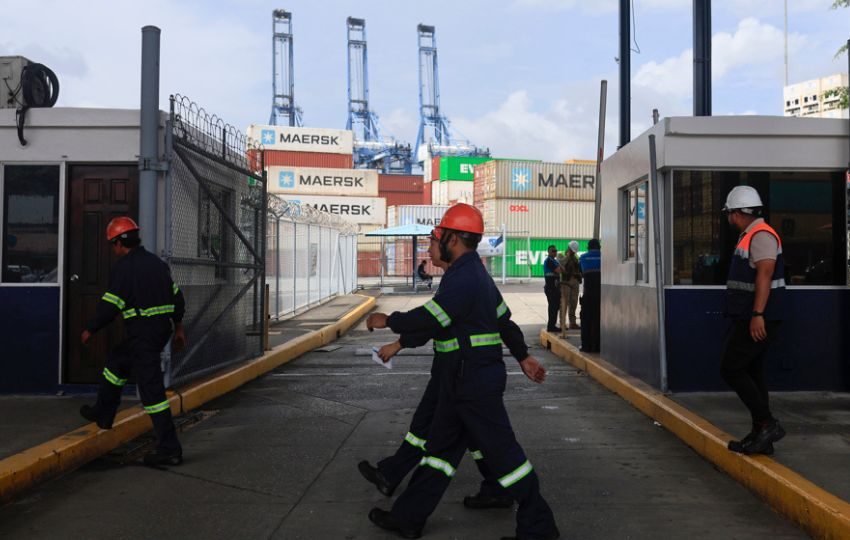In midst of corruption Panama is world’s happiest country

WHILE Panama faces an erupting volcano of corruption scandals with new cases, oozing lava like through all levels of society from the justice system to politicians and businessmen, with malefactors trapped in the falling ash screaming “persecution”, the country is ranked the world’s happiest, for the second year in a row according to a new report. .
For 2014, people living in Panama scored the highest on a yearly survey of global well-being created by Gallup-Healthways. In 145 ranked countries.
The news quickly spread around the globe and should hearten Panama’s tourism authority, with the likes of a BBC TV news presenter signing off on Wednesday, June 24,with a quip that he was off to join the flood of people heading for the Isthmus.
In the survey, researchers asked more than 146,000 people across the world questions about five aspects of their well-being: their sense of purpose, social relationships, financial situations, community involvement and physical health. Based on their responses, participants were considered “thriving,” “struggling” or “suffering” in each of those five aspects.
In Panama, 53 percent of residents were thriving in at least three aspects of their well-being — the highest percentage of all the countries surveyed. Part of the reason for Panama’s high ranking may be that people there, and in Latin America in general, tend to report experiencing positive emotions more often, and negative emotions less, compared with people in other parts of the world, said Dan Witters, research director at Gallup-Healthways. Panama also had a growing economy in 2014, and is politically stable.
The United States saw a drop in its ranking, falling from the No. 12 spot in 2013 to the No. 23 spot in 2014
The other countries in the top 10, ranked by the percentage of people who were thriving in three or more aspects of well-being, were:
• Costa Rica: 47.6 percent; Puerto Rico: 45.8 percent; Switzerland: 39.4 percent;
• Belize: 38.9 percent; Chile: 38.7 percent;Denmark: 37.0 percent; Guatemala: 36.3 percent; Austria: 35.6 percent; Mexico: 35.6 percent.
For cultural reasons, there may be some differences among countries in how people interpret the questions asked in the Gallup survey, the researchers noted. However, Gallup takes a number of steps to reduce the effects of misinterpretation, including translating questions so that they are as close to the original meaning as possible, and conducting interviews face-to-face or over the phone, rather than using a paper survey, Witters said.
To some extent, a country’s level of wealth correlates with well-being, but this is only true up to a point, Witters said. For example, Guatemala is a poorer country, yet it scored among the top 10 in overall well-being, he said.
Well-being is an important measure to consider, because studies show that people with higher well-being are healthier, more productive and more resilient in the face of challenges, Gallup says.





